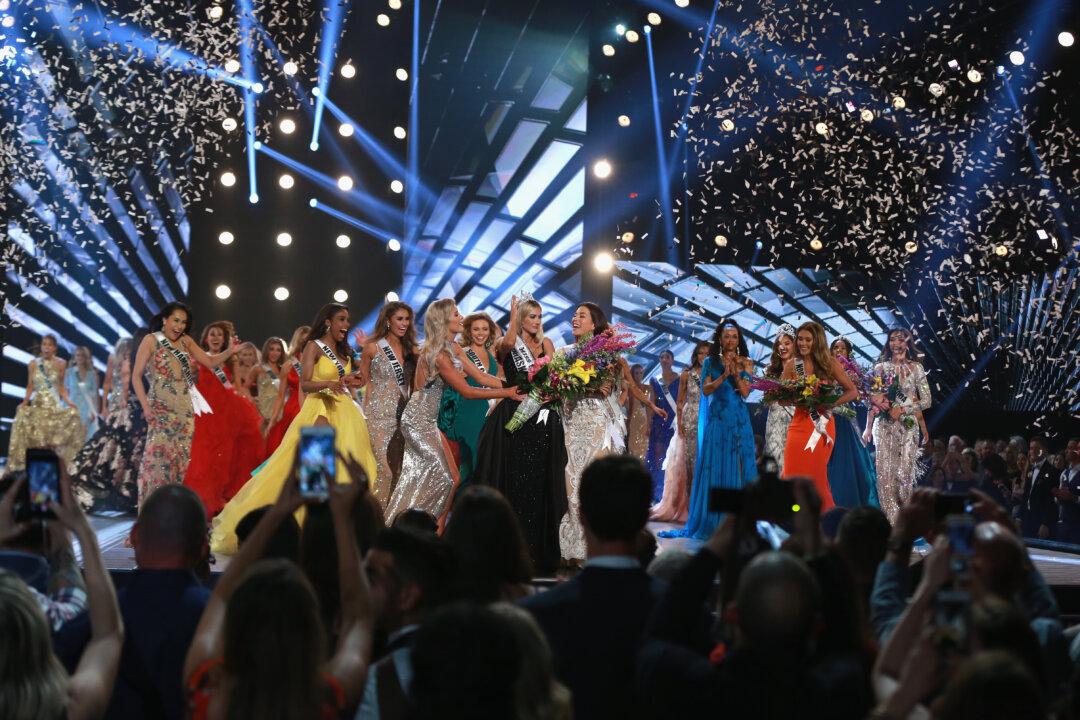Miss United States of America is legally able to reject men who claim that they’re women, an appeals court has ruled.
The beauty pageant’s “natural born female” requirement conveys a message and the U.S. Constitution’s First Amendment gives the pageant the ability to voice that message and enforce the rule, Circuit Judge Lawrence VanDyke, a Trump appointee, wrote in a Nov. 2 ruling.





